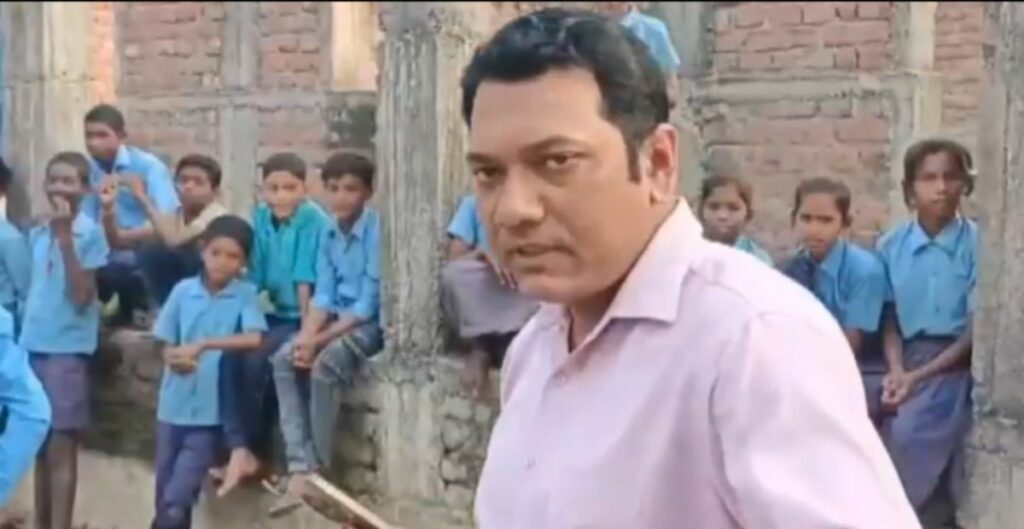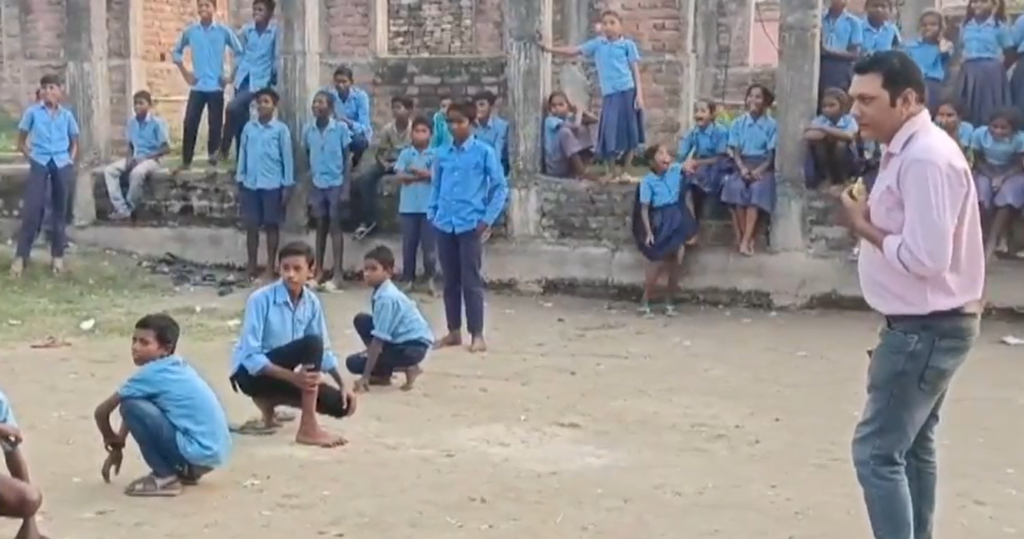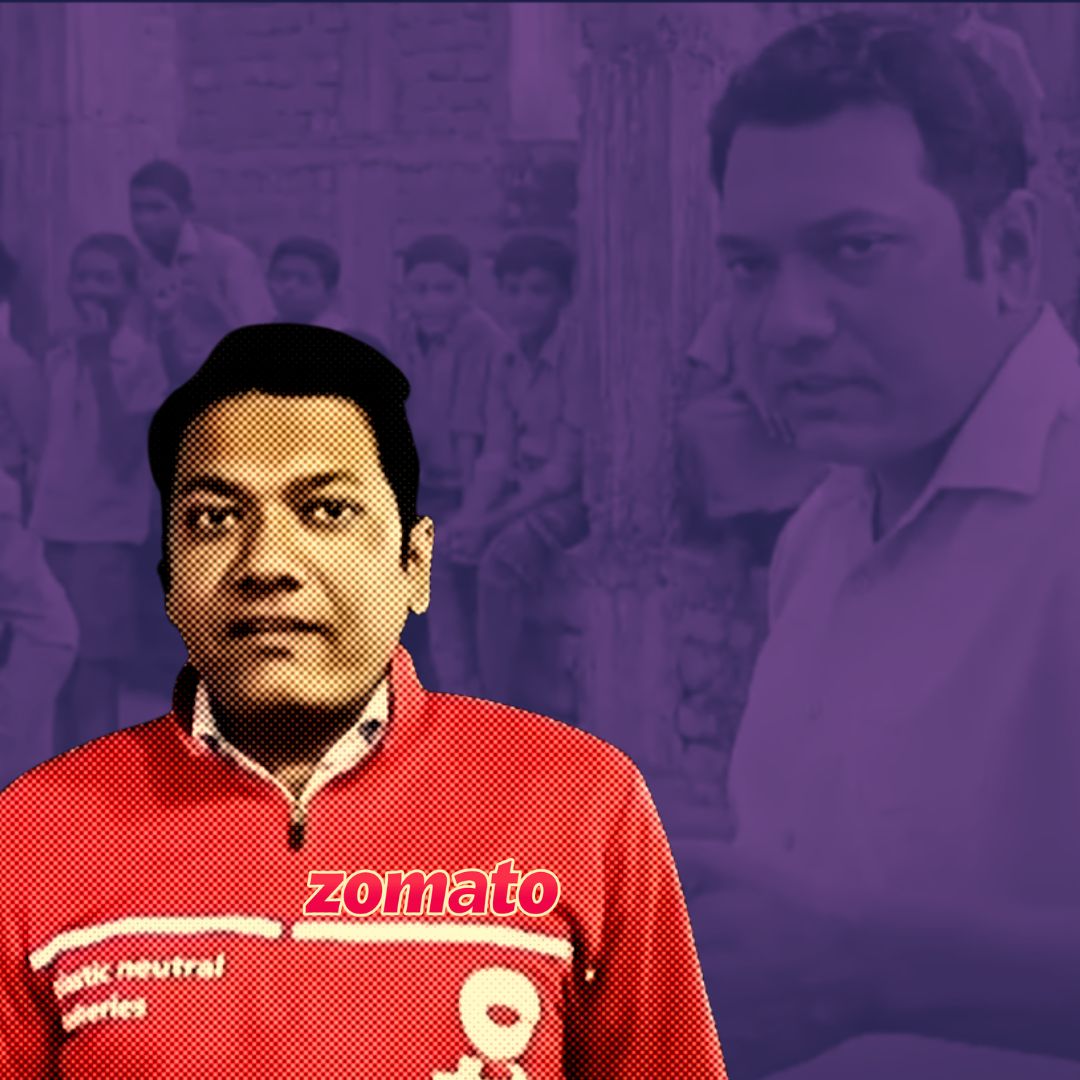A physical education teacher in Bihar, Amit Kumar, has taken on a second job as a Zomato delivery rider due to his meager salary of ₹8,000. Struggling to support his family, Kumar’s story highlights the challenges faced by educators in India. His dual role reflects a growing trend among teachers compelled to seek alternative income sources amid financial strain. This situation has sparked discussions about the adequacy of teacher salaries and job security in the education sector.

Balancing Act: A Teacher’s Dilemma
Amit Kumar, a government PT teacher, works during the day and delivers food at night to make ends meet. “I never imagined I would be doing this,” he shared, expressing his frustration over low wages that fail to cover basic living expenses. Kumar’s experience resonates with many educators facing similar financial hardships, prompting calls for better remuneration and support for teachers across the country.

Context of Strain
The education sector in Bihar has long grappled with insufficient funding and low salaries, leaving many teachers like Kumar in precarious positions. Recent reports indicate a rising number of educators taking on additional jobs to survive, raising concerns about the quality of education and teacher retention. This trend not only affects teachers but also impacts students who rely on their guidance and support.
Voices from the Community
Local parents and students have expressed their concerns about the situation. One parent noted, “Teachers are the backbone of our society; they should not have to struggle to provide for their families.” Students, too, feel the impact, with many acknowledging that their teachers appear fatigued and overworked. This sentiment highlights the broader implications of inadequate teacher support on educational outcomes.

The Logical Indian’s Perspective
The story of Amit Kumar underscores the urgent need for systemic change in how we value educators. As a society, we must advocate for fair wages and working conditions that reflect the vital role teachers play in shaping future generations. How can we collectively ensure that those who educate our youth are supported and valued? Join the conversation and share your thoughts on this pressing issue.












